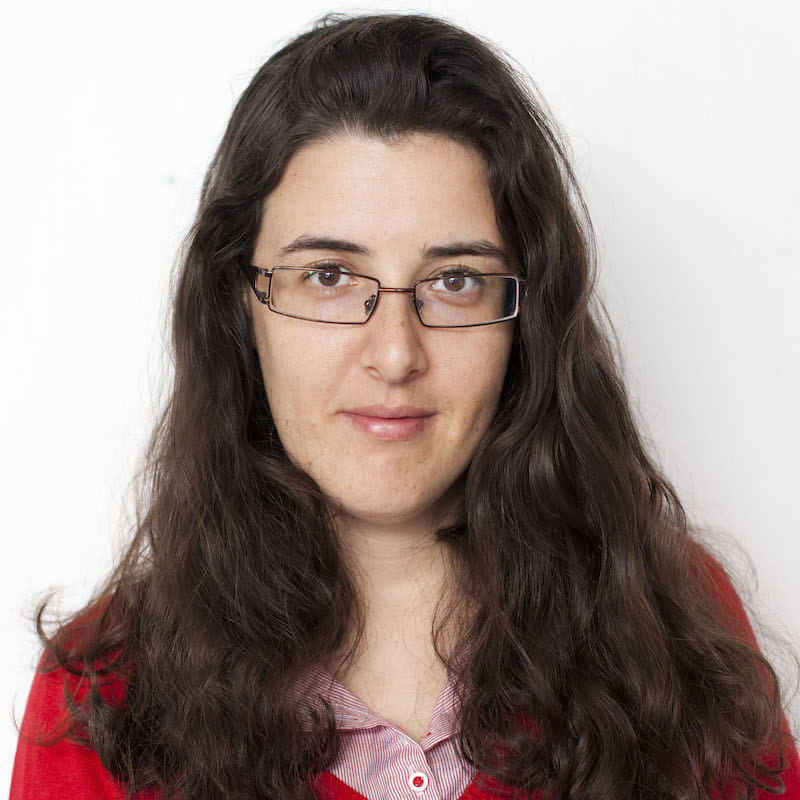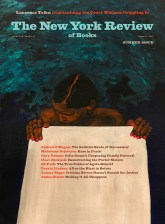To the Editors:
In late March Elizabeth Tsurkov, a thirty-six-year-old Israeli-Russian researcher and doctoral student at Princeton University, was kidnapped in Baghdad by an Iraqi Shiite militia close to the Iranian regime. As far as we know, she is still being held in Iraq, although reportedly there have been attempts to take her to Iran.
As an academic who works on the Middle East, I’ve crossed paths with Liza before. I’ve never met anyone who knows her and doesn’t have words of praise for her. She is fiercely intelligent, daringly courageous, and unmistakably kind. Many researchers affiliated with Western institutions look down subtly on the Middle Eastern people and cultures they’ve made a career of studying. They refuse to learn our languages and shy away from meeting us outside circumscribed, usually elite bubbles. Liza never approaches her work that way.
Born in Saint Petersburg in 1986 to a Jewish family of Marxist dissidents in the Soviet Union, Liza moved to Israel at the age of four. She grew up in Israel. But what has defined her career as a researcher is the ability to move beyond her immediate circumstances. Not only did she learn Arabic so well that she sounds almost like a native speaker; she also built enduring friendships with Palestinians, Syrians, and Iraqis. These connections show in her work, which goes beyond stereotype and demonstrates a sensitive understanding of the Middle Eastern societies she writes about. We see it in the three pieces she wrote for The New York Review in 2019 and 2020, exploring the labyrinthine Syrian civil war by looking at the real people on both sides of the conflict.
Liza was on one of her many research trips in Baghdad when she was kidnapped. Many of her peers and friends learned the terrible news shortly after, but it only became public in early July. The outpouring of support for her from various quarters speaks to her ability to engage meaningfully with many different groups. From occupied Hebron, the renowned Palestinian activist Issa Amro wished for her safety. A Syrian journalist lost his job at a Lebanese newspaper simply because he expressed solidarity with Liza. From Jerusalem, an Israeli childhood friend wrote in The New York Times that, despite their persistent disagreements, she treasures Liza’s honesty and brilliance.
Liza must have known she was taking huge risks by going to Iraq, a country that doesn’t recognize Israel and bans all contact with Israelis. Militias linked to the Iranian regime known for their anti-Israeli hostility have roamed Iraq for years. Although she had been there many times before, she must have known that things in Iraq are different since the 2022 ouster of Prime Minister Mustafa al-Kadhimi, the only Iraqi leader of the past two decades who has stood up to the vigilante rule of militias. But her career has been defined by such daring. Like her parents, she has often been willing to risk her own safety. In Iraq she was open about her identity, speaking to local journalists under her real name. According to recent reports, she herself had initiated contact with Kata’ib Hezbollah, the pro-Tehran Shiite militia that ended up kidnapping her. The Iranian regime is already reportedly in talks with Israel over an exchange for her release.
Liza’s work has always been fiercely independent, full of courageous interrogation of various parties in the Middle East, including Israel and Russia, the countries of her own citizenship. Accusations of her complicity with regional governments do not stand up to scrutiny.
Russia and Israel, and the United States, where her academic and research affiliations are based, must use their relationships with Iran and Iraq to work for her immediate release. Many lives, in these countries and beyond, have been touched by Liza’s scholarship and friendship. This is the least she deserves.
Arash Azizi
New York City




